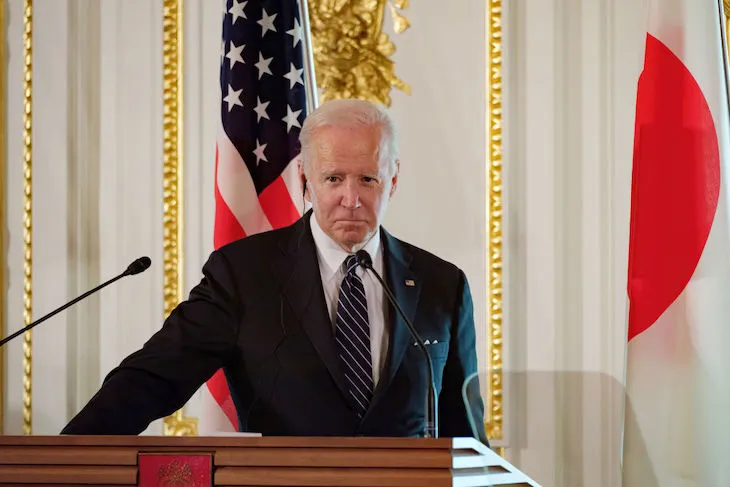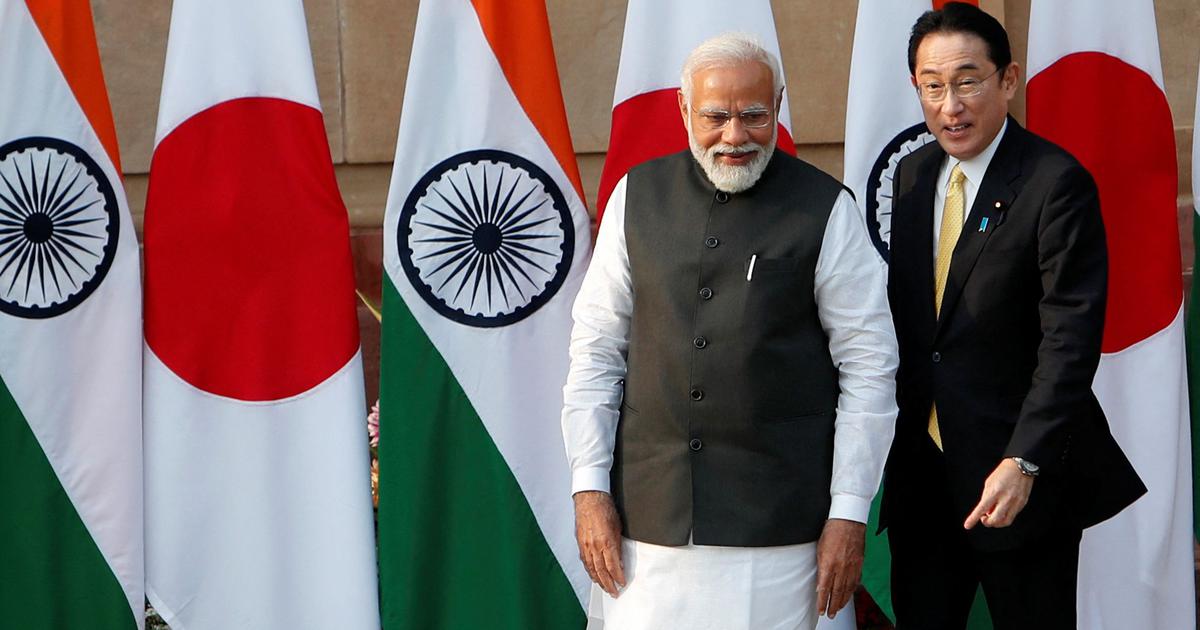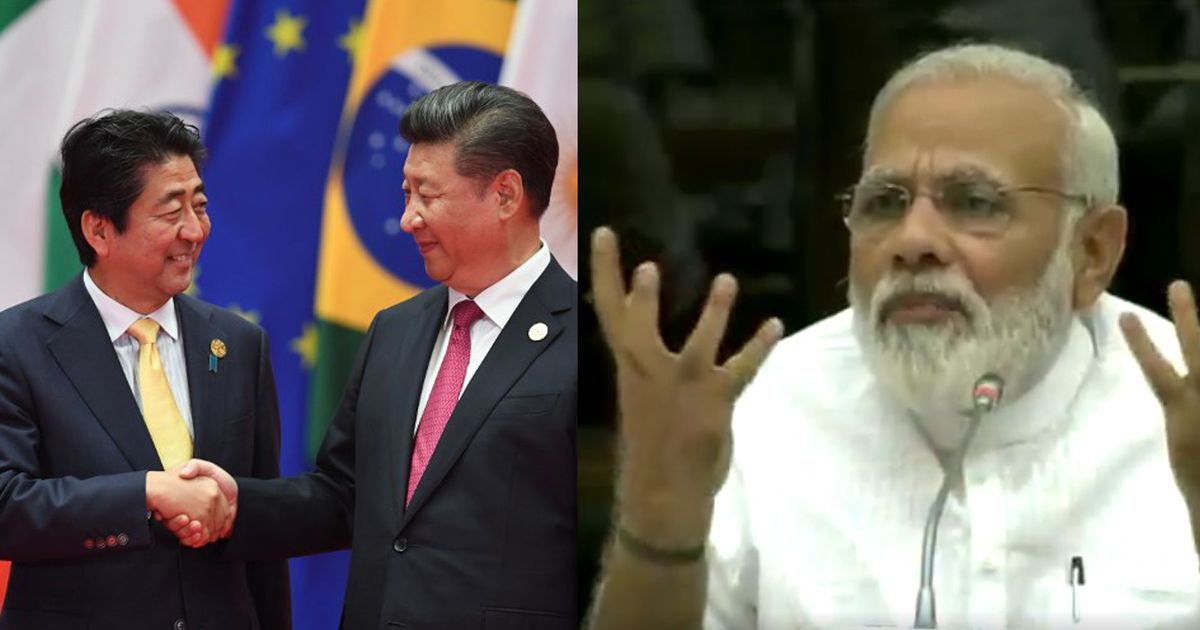During a recent statement, President Biden linked the economic challenges of China, Japan, and India to xenophobia, insisting on it supporting economic development through immigration. As a result, xenophobia generates a fear or hatred of people from other countries and may worsen international relationships and reduce the ability to collaborate, which may lead to economic consequences. This article reviews the link between xenophobia and the economies of China, Japan, and India to identify the possible consequences of anti-immigrant attitudes to the global economy.

Understanding Xenophobia in Economic Contexts
Xenophobia can be defined as a fear or hatred of other people or individuals from foreign countries, particularly those considered a threat to the domestic economy. This sentiment often manifests as opposition to foreign workers, immigrants, and even foreign businesses and investments. Several historical examples demonstrate how xenophobic sentiment negatively impacted economic relationships. The Chinese Exclusion Act of 1882 in the US severely limited Chinese immigration for several decades due to fear of a job competition. As a result, the volume of bilateral trade between China and the USA dropped significantly.
Similarly, the internment of Japanese Americans during WWII forever disrupted Japanese-American economic relationships. Ultimately, recent research confirms that goltogel xenophobia results in economic decline. A study published in the National Bureau of Economic Research in 2019 revealed that pro-immigration American counties experienced faster economic growth. Diversity and immigration stimulate innovation, entrepreneurship, and international trade, all of which are critical for the economy’s development.
As countries such as China, Japan, and India are likely to continue experiencing the effects of xenophobia in the future, the cost to their economic development is likely to be substantial. Thus, if they want to remain economically competitive, they need to alter their societies’ views and attitudes.
Economic Profiles of China, Japan, and India
China:
Japan:
India:

Analysis of Biden’s Statement
Biden’s statement on xenophobia came as he spoke during a campaign event of Wednesday evening, focusing on the role of immigration in the economic development of the United States. Specifically, the president pointed fingers at several countries, such as China, Japan, India, and Russia, whose attitudes and policies that he described as xenophobic have been stalling their economic growth.
As a result, Biden’s statement can be understood as a larger comparison between the United States and its competitors, underscoring that the former remains open to immigration and diverse populations. It is consistent with the Biden administration’s foreign policy and economic strategy, emphasizing the importance of democratic values, human rights, and a competitive position in the global economy. Moreover, Biden’s explicit condemnation of xenophobia also reflects the United States’ views on racism and discrimination, signaling the country’s readiness to lead on social justice and fairness.
Xenophobia’s Impact on Bilateral and Multilateral Relations
Overall, xenophobia proves to have tangible effects for bilateral and multilateral economic relations. For example, in China, the reports of discriminatory practices against foreign companies, as well as perceived favoritism toward domestic ones, lead to strained trade relations with many countries, including the U.S.; it is believed that the trade war between the U.S. and China started after Trump administration imposed additional tariffs on Chinese imports partially because of these concerns.
In Japan, the country’s historic reluctance to accept immigrants is believed to be a factor in labor shortages and an aging workforce; thus, in the long-term perspective, these and other demographic issues may hamper Japan’s economic growth and, ultimately, its trade and investment relations with other countries. Finally, India has faced multiple allegations of protectionism and discrimination towards foreign companies. Even though its “Make in India” initiative seeks to bolster the country’s manufacturing capacity, it is criticized for potentially deterring foreign investments. Multinational companies, on the other hand, have also reacted to xenophobic sentiments and policies.
In the U.S., for example, following the protests against racial injustice, many companies promised to support diversity and equality both inside their organizations and along their supply chains. These examples underscore the importance of combating xenophobia to ensure stable and mutually beneficial economic relations between countries.
Possible Solutions and Global Responses
-
Promoting diversity and inclusivity in the workplace
-
Encouraging foreign investment and market access through fair and transparent policies
-
Enhancing public awareness campaigns to combat negative stereotypes and discrimination
-
Strengthening laws and enforcement mechanisms to protect the rights of foreign workers and companies
-
Encouraging member states to adopt non-discriminatory trade policies and practices
-
Monitoring compliance with international agreements and standards related to labor rights, human rights, and environmental protection
-
Facilitating dialogue and cooperation among nations to address shared challenges, such as migration, climate change, and economic development
-
Foster greater collaboration and exchange between domestic and foreign businesses, researchers, and educational institutions
-
Implement public policies that support entrepreneurship, innovation, and workforce development, particularly among underrepresented groups
-
Engage in multilateral forums to promote regional and global economic integration

Conclusion
Xenophobia undermines the economic performance of China, Japan, and India, as noted in President Biden’s recent statement. As xenophobia creates a climate of fear and adversion toward foreign people, businesses, and concepts, it stifles creativity, trading, and investments, substantively weakening the ability of a country to achieve long-term economic growth. The fight is not over until the world recognizes how interconnected and prosperous the economy is. It necessitates policy change, public information campaigns, and proper partnerships between countries.
Working with the diverse populations of other countries is the only way to banish hatred from the nation and boost the economy to raise the standard of living. In truth, much remains to be accomplished, and China, Japan, and India must reassess their varying levels of engagement with foreigners. Failure to reform increases the economic difference, threatens international relations, and jeopardizes the world’s current state.
If you found this article insightful, we invite you to explore our piece on Java Culture, delving into the rich heritage and influence of Java in our global community.


